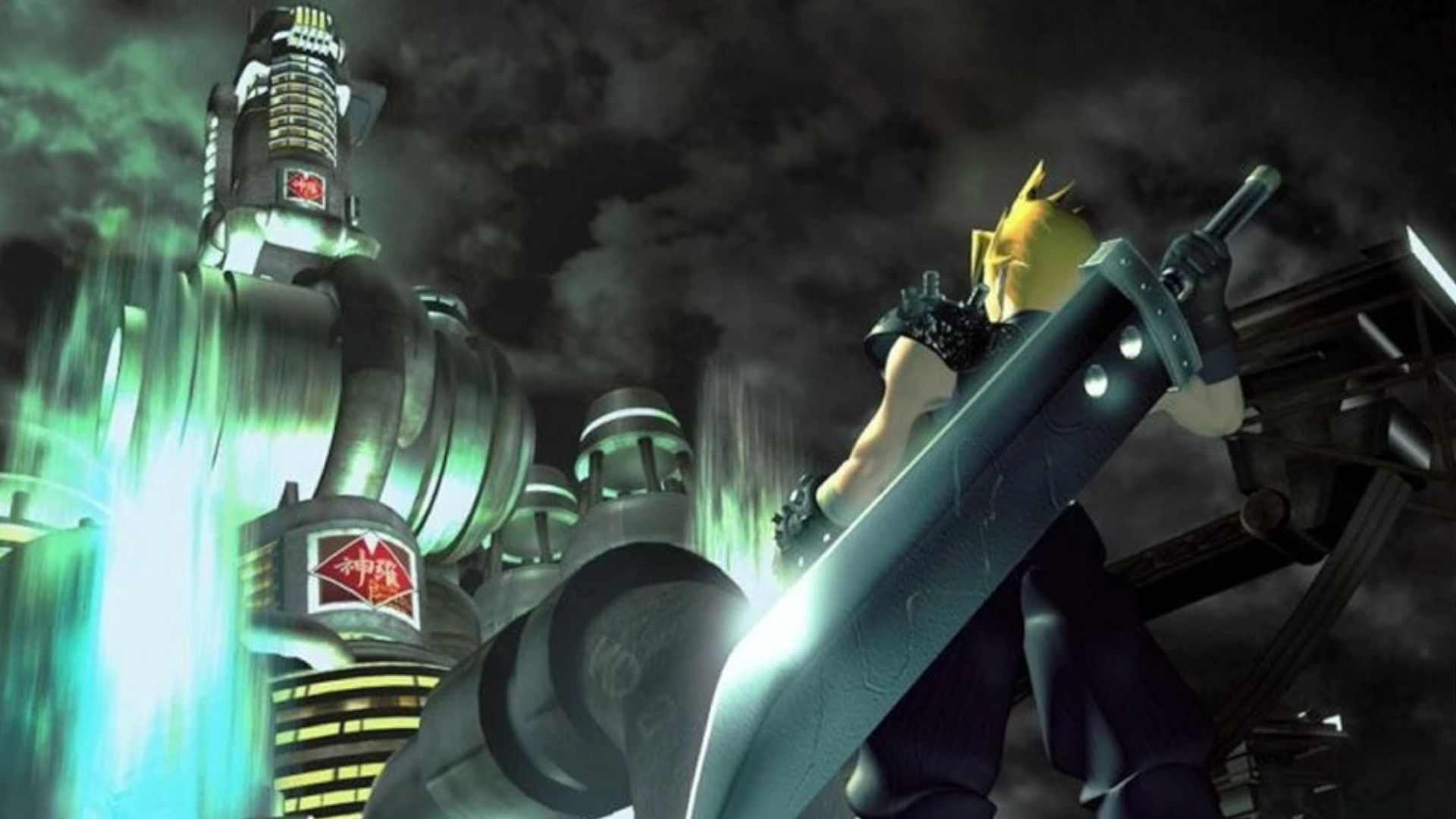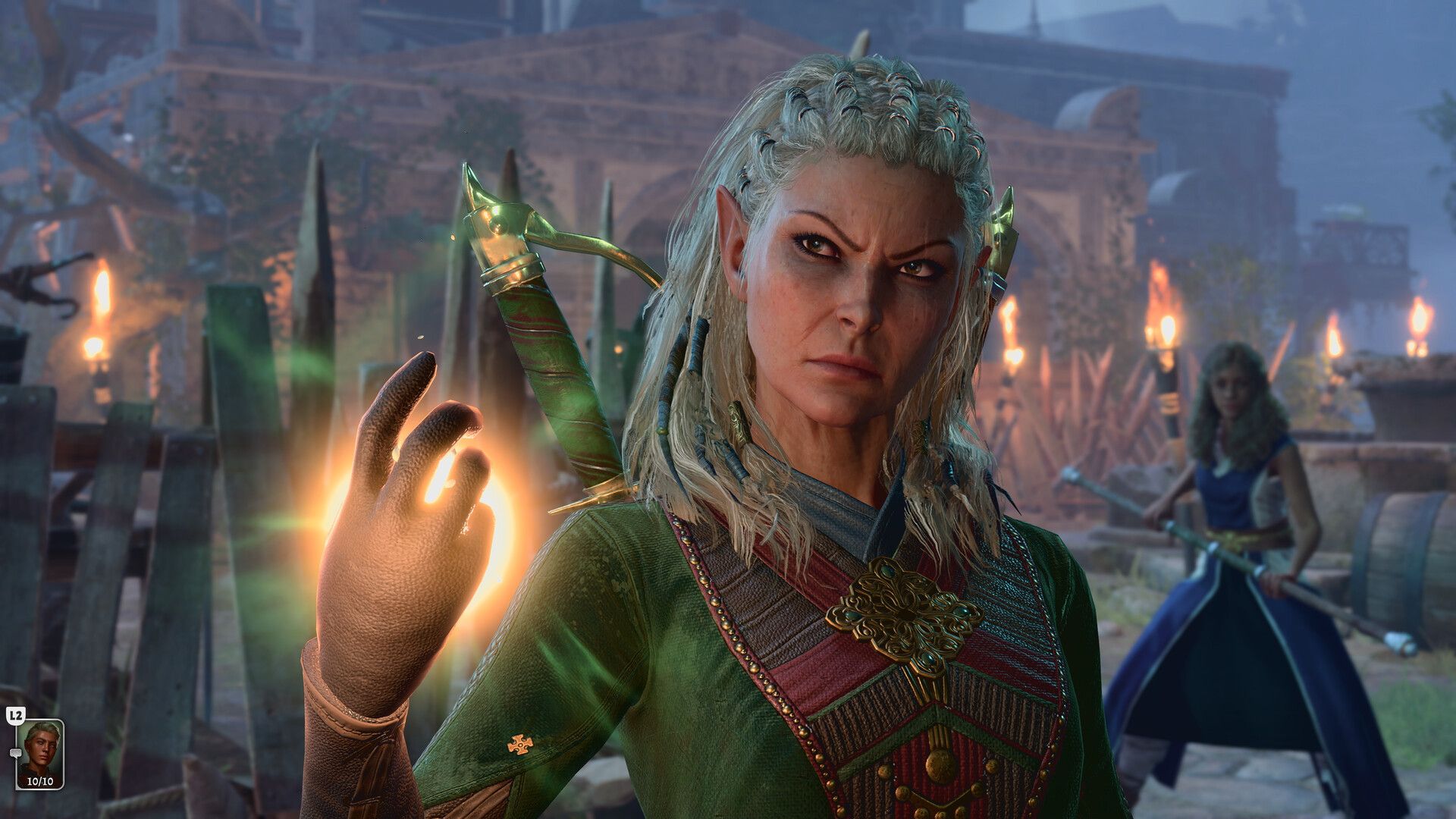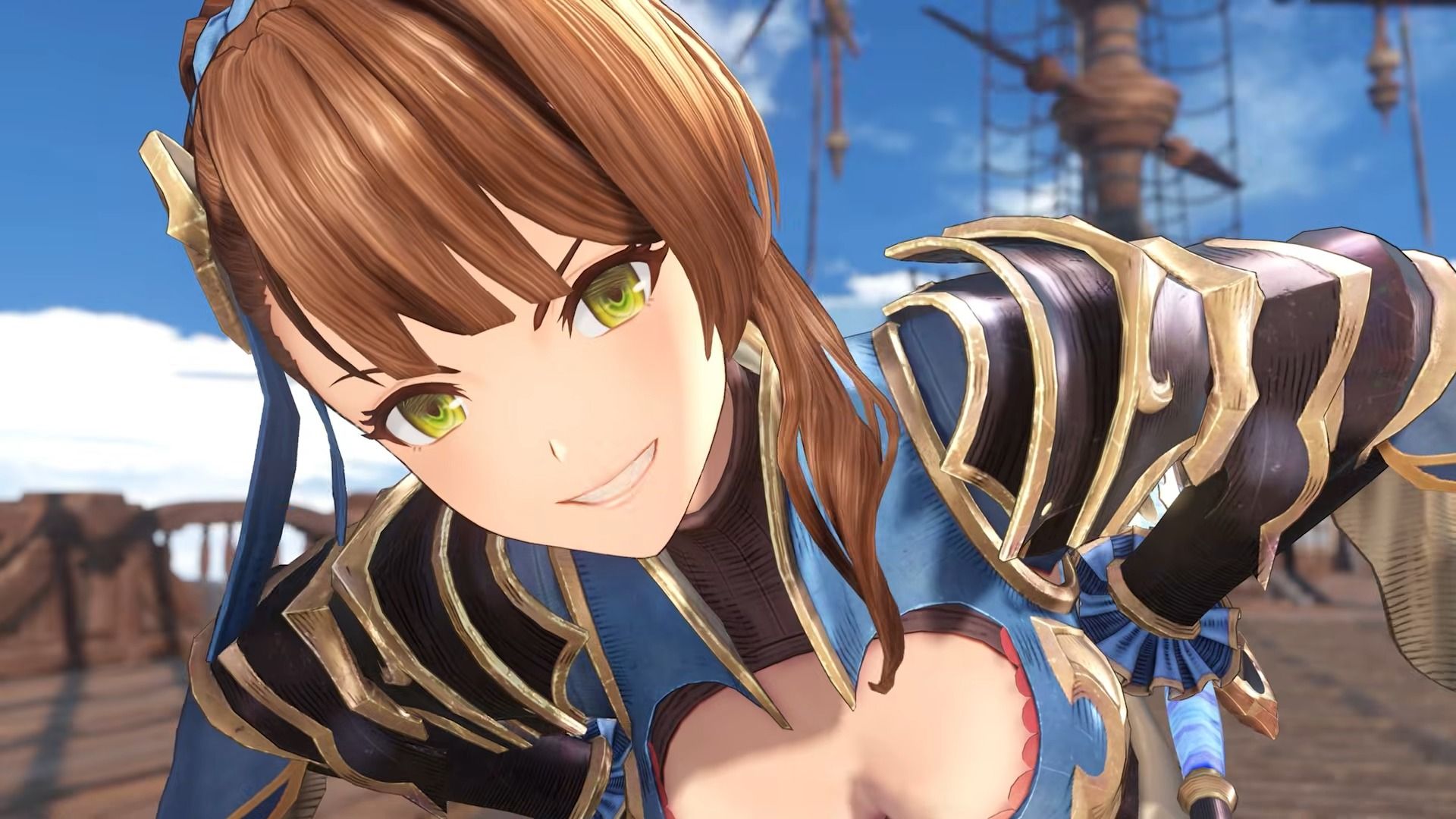
A few months ago, Giant Bomb’s Dan Ryckert tweeted about unions. He didn’t get them, why they exist, or what they do. Responses ranged from the appalled to the helpful, but the truth is that Dan’s not alone. With American union membership at an all-time low and clustered in distinct geographic areas of the country, unions aren’t as visible as they once were. You can’t engage with what you don’t know, and there’s no shame in that.
It’s also fair to say that if Dan didn’t know what unions are, then lots of people in the game space don’t know, either. The games industry is one which has no history of unionization, since it (and the software industry) more broadly exist in a wholly de-unionized space. There are no older workers to lean on for knowledge, no infrastructure to patch into. Assuming we all just magically know what a union is is a mistake.
It’s All About Power
So let’s lay out what unions are. This is perhaps 101 stuff, but even pro-union people sometimes make some very fundamental mistakes about what unions are really about. What they aren’t about, at least at their root are things like wages, benefits, working hours, or childcare. They’re not about vacation days or paid sick leave, either. Unions absolutely serve as a means to get those things for workers, but that isn’t their primary purpose. At their core, unions are about power.
There is a real and severe limit to the amount of individual power you have as a worker. When you have a meeting with your boss, you are not equals. Your boss has the weight of the company on their side every time they speak. You have your individual skills as a counterweight, and if you work at-will you also have the threat of quitting. That’s it. This doesn’t mean that you can’t be friends with your boss or deal with your managers in a friendly manner; ideally you’re working towards a common goal like a software landmark or game release that everyone is excited about! But the fact is that on a professional level, in strictly one-to-one terms, you and your boss don’t possess the same power. This is independent of whether your boss is a good person or treats you well. Your boss can fire you at the drop of a hat, even if they probably wouldn’t. You might deserve a raise or better benefits, but you have no means of getting them if your boss doesn’t agree, regardless of merit. You might see a broken business practice that is costing the company money and putting your job (and the job of your peers) at risk, but as a lone employee you don’t have a way to ensure that the company intercedes to fix it. Individual workers just don’t have a lot of power in the workplace.

Unions serve as a means to redress this power imbalance. We flatter ourselves very much that each of us has the power to go to a different job if we get fed up, that the individual can be so valuable that no one would ever jerk us around, but the fact is that this isn’t true for most people. More than that, it’s never really been true. Unions came into being because workers at an individual level have always been subject to abuses in the forms of overwork, wage theft, and sometimes much worse. Most of those workers were, if not marginalized, less prestigious than upper middle class workers. They were miners, factory workers, nurses, and others who tended to be undervalued for the roles they played in keeping society functioning. If you’re working a line in a factory in a depressed area, it’s good for the company’s bottom line to keep you working hard for as little as possible; it’s not so good for you, your family, and your community.
This gets back to the core paradox of the games industry: That quality assurance, customer service, and base programming are largely invisible but every bit as important to shipping a game as its producers. And as trends have shown, they’re also incredibly replaceable. Even if you’re someone with name recognition and a flawless resume, there’s an army of people who are rarely seen but are necessary to make all but the smallest indie studios work. Video games are big projects, we all know this, but because of that scale none of us are islands. It’s in all those workers, famous and not, visible and invisible, that you find a way to make sure things are equitable. Individually, there’s no power to be had; collectively, power is everywhere.


Making the Invisible Visible
But maybe all of that is too abstract, too immaterial. So let’s be a bit more specific.
Imagine that you’re a talented developer, but you’re also tired. You’ve been crunching for months now, and the project you’re working on keeps getting pushed further away, the crunch period stretching into what feels like an eternity. You haven’t spent real time with your family in weeks, you’re behind on socializing with your friends, and you can’t even play games for fun, which is what turned you on to the industry in the first place. You walk into your boss’ office alone and make an ultimatum: You want to stay on the project, but this crunch has to stop. Best case scenario, you keep your job and maybe you get a small raise or some extra vacation time after the project wraps. Worst case scenario, they brush it off or even let you go on the spot. That’s because most companies will be able to call your bluff: You’re just one worker, and while it is a bit of a pain to replace you, the alternative (finding a sustainable development culture that doesn’t need crunch) would cost them more money than finding a single replacement. But if you and all your co-workers issued the ultimatum together, you’d be able to force a discussion about crunch (or whatever other problem you have). And it is a discussion: All a union does is make sure that negotiations over contracts and work related matters are evened up a bit in terms of power, because while a company can easily replace a single complainer, dealing with a group of essential workers is a lot more costly.


This is what I mean when I say that unions are fundamentally about power. It’s hard to “see” power. But you can see its results. Things like wage fairness and sane working hours are a tangible outcome of a balanced economy. So while you can’t see power or eat it, you can see your bank account go up and buy food with your money. Every time someone gets paid less than a living wage or has to work unpaid overtime, that’s showing a little bit of that power struggle between the worker and the boss. When games workers feel pressed by the crunch and layoffs, it’s because they’re losing the power struggle.
When I brought up Valve as an example of a good company with a flawed founding premise in my introductory podcast with Austin, I did so in order to make this argument. Valve is a good place to work by every account out there. The wages are good, the benefits are great, they work very hard to keep crunch in line, and they have a democratic workplace in which everyone can work on projects as they please. It sounds like a co-op straight from a social democrat’s playbook.
But Valve isn’t a co-op. While it has a flat structure with no real middle management, the company has a board of directors as any other. Valve exists as it does more or less because Gabe Newell and the board like it this way. Presumably, if they don’t like the way things run, they can change it tomorrow to whatever they want. Valve could go public, bringing the pressures of financialized market into business decisions. They could cash in by selling to another company like Activision, forcing the workplace culture into someone else’s mold. Newell and the board can do whatever they want, even if they almost certainly wouldn’t do those things, and that much power being concentrated in the hands of such a small group is simply too big a risk for Valve’s workers. All it takes is a change of management, and the solid workplace of today can turn into an exploitative train wreck tomorrow.
This is why a union matters so much, even at places like Valve. They’re bulwarks against bosses and owners doing thoughtless, selfish, or cruel things. If you like the place you work, that’s awesome; for all the horror stories and the acceleration of both layoffs and consolidation in the industry, there are some really neat, fun, good places to work. Preserve them with a union.


The Perfect vs The Good
So if unions are so useful, why aren’t there any in the games industry? The fact is that forming a union in North America is hard work. Labor law can be convoluted and varies state by state and country by country. But efforts have been underway, at least in terms of discussion, and the hotly debated SAG-AFTRA voice actors action has been on everyone’s mind. Still, that final push never seems to materialize. A lot of it is just that it’s an overwhelming project, particularly when the cross-state nature of American unionization is considered. There’s no infrastructure to tap into and no institutional memory of unionization in the tech sector to rely upon. The IGDA offers space for discussion but they neither can nor will fulfill the role of a union. Montreal, with its critical mass of game developers, has played host to meetings devoted to pro-union discussions, but nothing concrete has materialized as of yet. So we keep waiting.
None of this is to say that unions are perfect. American unions, in particular, have had a history of trampling on the wishes rank and file members. Just this election cycle, there’s an undercurrent of this in unions endorsing Clinton while members lean Sanders. And hey, if you lean right and feel frustrations with American unions, I can tell you from experience that they’re not much less frustrating if you’re on the left.


But this is the other mistake we make when we talk about unions—they’re not so much organizations for workers so much as organizations by workers. They are democratic, one of the purest distillations of democracy one can take part in when they function properly. Because they’re by workers, there’s always a tremendous opportunity to make them into something new. Whatever they are today, they can be something different tomorrow, but this requires input and action.
This is key. There are lots of ways unions might look in the games industry, which will be written about in an upcoming article in this series. Whatever is settled on, it has to be gained through worker action. The studios aren’t going to set them up for the industry. Existing unions aren’t going to come in unbidden. No amount of polite round tables at local game cons and IGDA meetings will solve it. If a union is what’s wanted—and there’s enough industry polling and chatter to indicate that there’s a sizable contingent who want it—then it has to come from industry worker action and organizing.
That’s where you come in, whether you’re a casual reader or a working developer yourself. If you’re a reader outside the industry, know that working on games can be both the dream job you might envision while also being grueling and precarious. A little understanding for those on the inside and moral support when the inevitable action finally comes would do far more to boost spirits than you realize. If you’re a dev, know that you’re not alone and that your colleagues can be your union brothers and sisters if you want. There’s never a better time to start organizing and networking. Your input is essential even if–maybe especially if–you’re skeptical of or don’t know much about labor organizing. Nothing is ever assured–union bosses are just as fallible as workplace bosses. But unions offer workers a chance to impact (and ideally, seriously improve) the culture and quality of their day to day lives.
Ian Williams is a freelance writer and author based in Raleigh, North Carolina. His work has been featured in Jacobin, The Guardian, Paste, and Vice. You can find him on Twitter at @Brock_toon. You can listen to Austin chat with Ian on this past episode of Giant Bomb Presents.


